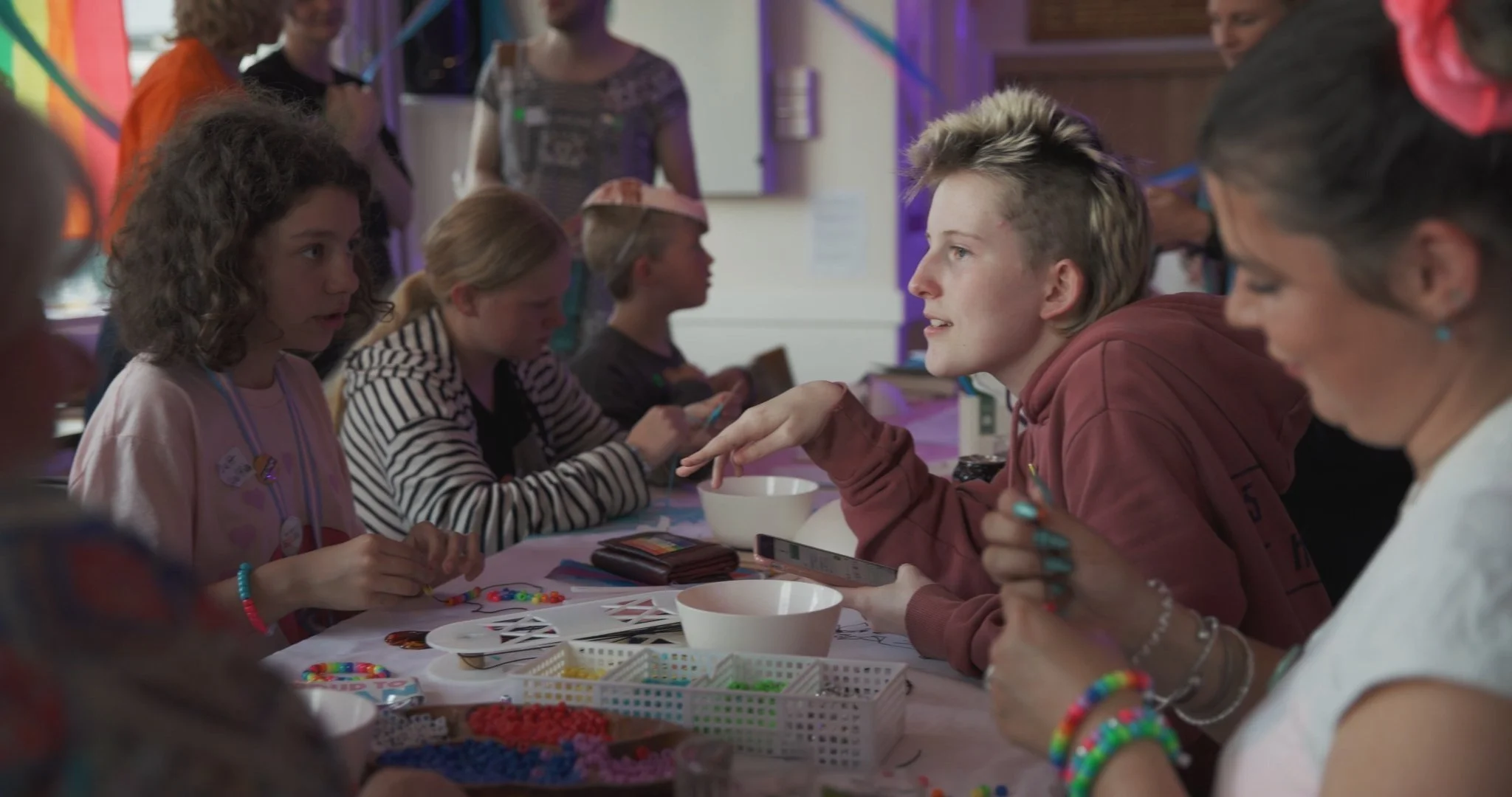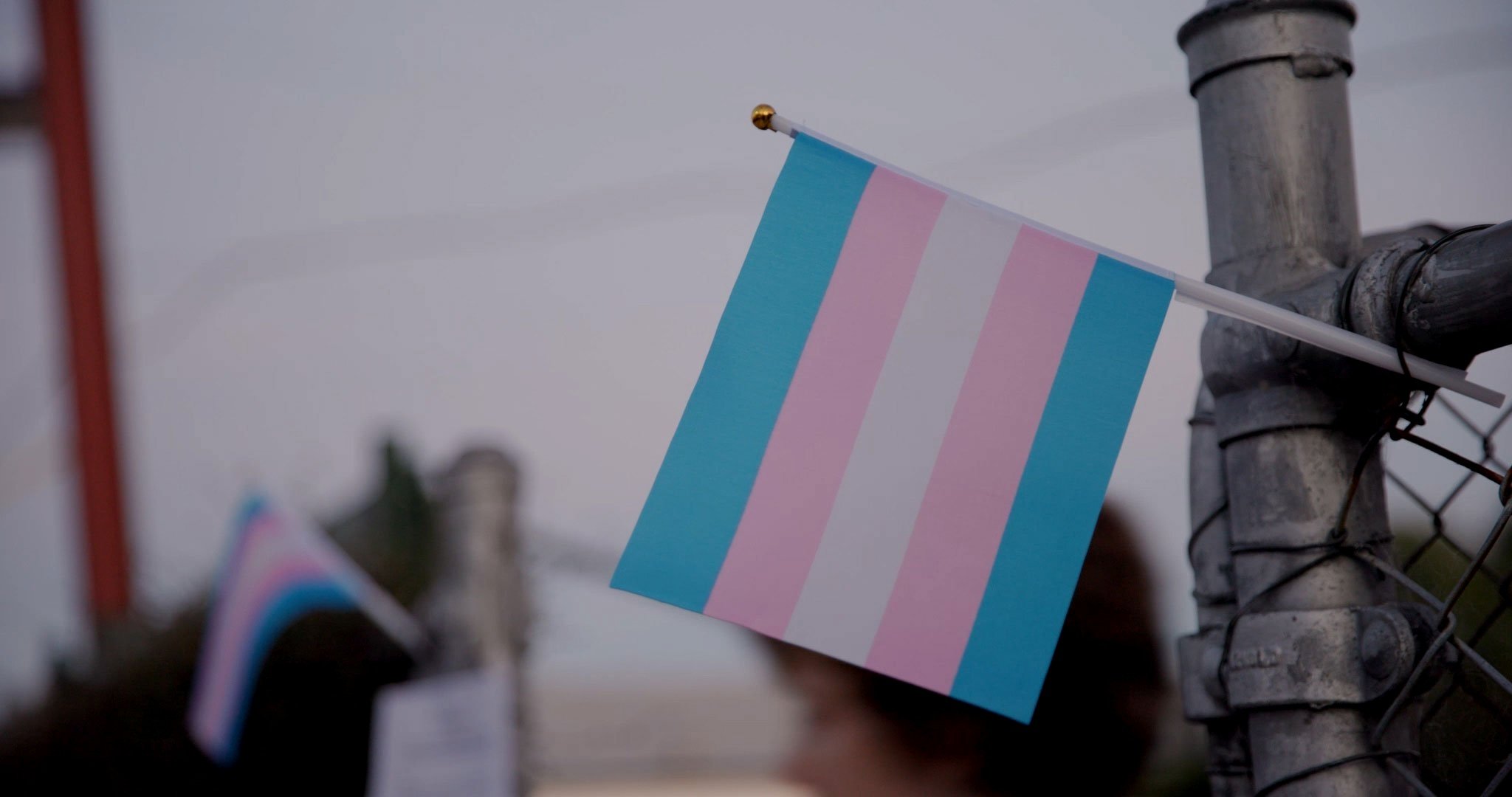
IMPACT
AMPLIFYING THE VOICE OF TRANS AND NEURODIVERGENT YOUTH
Trans and neurodivergent – more common than you think
Autism is one of the ways of being that comes under the umbrella term ‘neurodivergent’. Neurodiversity means that some people’s brains handle information differently from others. This leads to differences in the way that people learn, manage their emotions and get along with others.
Research shows that Autistic people are more likely to be trans or gender diverse, but little is known about why. In Australia 22.5% of trans and gender diverse youth have an Autism diagnosis. It's a surprisingly common crossover, especially considering only 1% of the general population are Autistic.
But, it can be hard navigating a world set up for neurotypical and cisgender folks
Due to a range of factors, including peer rejection, issues at school and work, bullying, discrimination, and difficulty accessing appropriate services, Autistic people and trans people are more likely to experience mental ill health.
Data from surveys show that up to 46% of Autistic children between 3–16 years and 70% of Autistic children aged 10–14 experience at least one mental health condition.
In Australia today, 80% of transgender young people self-harm and 48% attempt suicide by the time they are 24-years-old. In Aotearoa New Zealand, 40% of transgender students have experienced significant depressive symptoms and nearly half have self-harmed; one in five have attempted suicide.
Let's put their voices front and centre
Recent studies by YouGov revealed that 78% of Australians believe that transgender people deserve the same rights and respect as anybody else. However, that number rises to 93% when people know a trans person.
When a young trans or gender diverse person is supported by their parents, family, friends, school, and community, and they are affirmed in their gender identity, their mental health outcomes are greatly improved (Trans Pathways Report, 2017).
The same is true for Autistic people; meaningful social support and access to appropriate services are buffers against mental health conditions (Autism CRC, 2021).
Who I Am amplifies the voice of trans and neurodivergent youth and builds understanding and community support, particularly among young people, parents, teachers and healthcare professionals.
Our generous supporters have helped us to
Deliver a series of sensory-friendly cinema screenings and panel discussions across Australia aligned with Pride month and Autistic Pride Day in June 2023, in partnership with and fundraising for Amaze, Minus18, GASP, Trans and Gender Diverse Bendigo and Beyond, Drop In Care Space, Twenty10, Empower, Open Door Youth Services, Headspace Morwell, and LaTrobe Community Health Services.
Put in place appropriate support for our film participants Aether and Anthea throughout the film’s release, including training to protect themselves on social media, and remuneration for the work they do to promote the film
Create a Discussion Guide designed for viewers to engage with the film's themes after watching it in cinemas, in the community, or online/TV via 10 play
Create a Teaching and Learning Guide designed for classrooms in Australia and Aotearoa New Zealand
But we could do even more. With your help, we can
Develop video resources for trans and Autistic young people, parents/carers, support workers and healthcare workers, in partnership with Amaze and the Royal Children’s Hospital Gender Service
Marketing and outreach to schools in Australia to promote screenings in schools and the curriculum-aligned Teaching & Learning Guide
Implement a host-a-screening program targeted at community organisations that work with young people, parents/carers, support workers, and healthcare workers
“1.2% of Australian school children identify as transgender”
All donations made to our impact campaign are tax-deductible through our partner Documentary Australia.
78% of Australians believe that transgender people deserve the same rights and respect as anybody else. However that number rises to 93% when people know a trans person.
IMPACT PARTNERS
Amaze is a leading Autism organisation driving change so that Autistic people and their families can live their best lives. They have been instrumental in reviewing the film and contributing to the accompanying Teaching and Learning Guides.
Mable connects people looking for care and support with a network of independent support workers, through an easy to use and safe online platform. A Mable Community Grant enabled us to create our Teaching and Learning Guides and website.
The Doc Edge Rei Foundation Film Fund are distributing the film and Teaching and Learning Guide free to schools throughout Aotearoa New Zealand and the Pacific via the Doc Edge Schools online platform.





